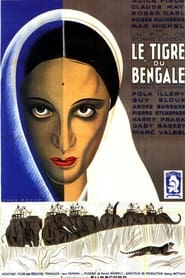detail profile hans schneeberger
Peran Yang Di Mainkan Hans Schneeberger
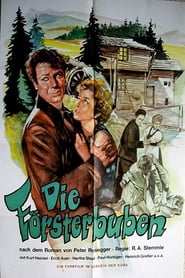 When seminarian Martin Rufmann arrives in...
When seminarian Martin Rufmann arrives in...Die Försterbuben 1955
When seminarian Martin Rufmann arrives in St. Eustachen, idyllically located in the Carinthian mountains, the local choral society is celebrating a joyous festival. Martin is the youngest son of the widowed head forester Thomas Rufmann. Martin's older brother Friedolin has inherited his father's love of hunting and is one of the best hunters in the area. He is also engaged to the pretty innkeeper's daughter Helene Schwarzaug. At the feast, Friedolin and his cronies drink heavily to the black liquor of the charcoal burner Krauthaas. Friedolin and the townspeople Günther have a loud argument in front of everyone. When Günther is found murdered a short time later, suspicion immediately falls on Friedolin. To save his brother, Martin accuses himself of the crime. The two brothers are arrested. The real culprit soon turns himself in, but in the meantime Thomas Rufmann has disappeared without a trace.
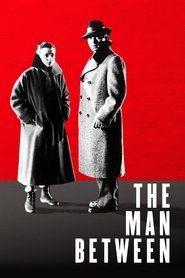 A British woman on a visit...
A British woman on a visit...The Man Between 1953
A British woman on a visit to post-war Berlin is caught up in an espionage ring smuggling secrets into and out of the Eastern Bloc.
 A musician is offered a job...
A musician is offered a job...Operette 1940
A musician is offered a job in Vienna as stage director, but his disagreements with the aristocratic opera manager end in abrupt firing in spite of a mutual attraction. He's quickly engaged by another theatre and becomes famous for his lavish stage productions and fine acting, which begins their golden age with Suppé and Strauss.
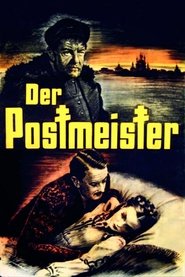 When two Russian captains of cavalry...
When two Russian captains of cavalry...The Postmaster 1940
When two Russian captains of cavalry came to a German post station one of them recalls what happened long time ago. He begins to tell the story: Ten years ago a comrade of them made a resting at the post station and fell in love with the station master's daughter. He promised everything to her and finally convinced her to come with him to St. Petersburg. When both arrived there she had to realize that her captain never had the intention to marry her.
 Johann Strauss firmly established himself as...
Johann Strauss firmly established himself as...Immortal Waltz 1939
Johann Strauss firmly established himself as the leader of a dance orchestra in Vienna in the 1840s. His sons Johann junior and Josef have clearly inherited their father's talent. Nevertheless, father Johann is strictly opposed to both of them training as composers.
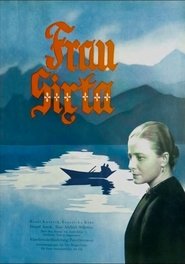 The story of the upright Mrs...
The story of the upright Mrs...Frau Sixta 1938
The story of the upright Mrs. Sixta, who in 1861 ran the post office in a village in the Otztaler Alps right on the Italian border. When her husband dies, she must also take care of the farm. The mayor, Forcher, hopes to make her his wife. But then a stranger arrives with the stagecoach, the mayor must contend with a rival .
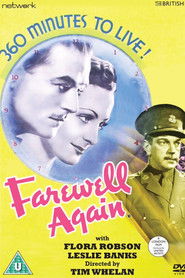 Farewell Again is a multiplotted British...
Farewell Again is a multiplotted British...Farewell Again 1937
Farewell Again is a multiplotted British comedy/drama about soldiers on leave and the people they've left. Given a six-hour pass after a tour of duty in India, several British Tommies (among them Robert Newton, Sebastian Shaw and Anthony Bushell) try to unravel their domestic tribulations before having to ship out again. American expatriate Tim Whelan was the directorial hand who kept the various plot threads from entangling, while another Hollywood vet, James Wong Howe, manned the cameras. The film became instantly dated with the advent of World War II, but in its own time Farewell Again was a box-office smash. The film was issued in the US as Troopship.
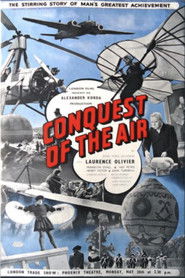 This early docudrama uses dramatic reenactment...
This early docudrama uses dramatic reenactment...The Conquest of the Air 1936
This early docudrama uses dramatic reenactment, working models of early flying machines, and archival footage to trace man's attempts to fly from ancient times through the 1930s.
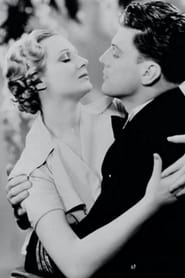 A young British woman tricked into...
A young British woman tricked into...Forget Me Not 1936
A young British woman, tricked into believing she was used during a whirlwind romance, marries a gentle widowed Italian opera star, whose songs she and her first love shared.
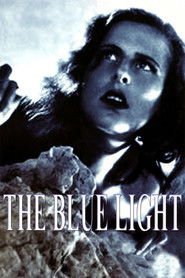 A young woman Junta lives apart...
A young woman Junta lives apart...The Blue Light 1932
A young woman, Junta, lives apart from her village and, for her solitude and strangeness, is considered to be a witch; when she comes to the village for one reason or another, the townsfolk chase her away. They feel that she may in some way be responsible for the deaths of several young men of the village, who have felt compelled, one by one, to climb the local mountain - and fall to their deaths - on nights when the moon is full.
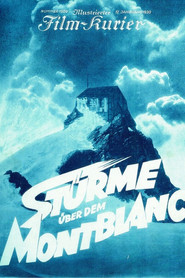 In a lonely outpost atop the...
In a lonely outpost atop the...Storm Over Mont Blanc 1930
In a lonely outpost atop the treacherous Mont Blanc, an intrepid scientist lives with minimal connection to the world below. Through the telegraph, Hannes (Sepp Rist) communicates with a beautiful astronomer (Leni Riefenstahl) and is occasionally visited by an airplane pilot (Ernst Udet) upon whom he depends on supplies. In the midst of a ferocious snowstorm, Hannes loses his gloves and his weather station is battered by the elements. Suffering frostbite and unable to descend the mountain, he sends out a desperate S.O.S. in the hope that someone can brave the elements and rescue him from certain death. Eerily romantic and overshadowed by the constant threat of doom, "Storm Over Mont Blanc" is a "quintessential" mountain film by Arnold Fanck, the genre's innovator and unparalleled master.
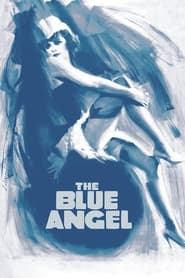 Prim professor Immanuel Rath finds some...
Prim professor Immanuel Rath finds some...The Blue Angel 1930
Prim professor Immanuel Rath finds some of his students ogling racy photos of cabaret performer Lola Lola and visits a local club, The Blue Angel, in an attempt to catch them there. Seeing Lola perform, the teacher is filled with lust, eventually resigning his position at the school to marry the young woman. However, his marriage to a coquette -- whose job is to entice men -- proves to be more difficult than Rath imagined.
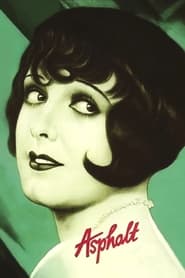 One of the last great German...
One of the last great German...Asphalt 1929
One of the last great German Expressionist films of the silent era, Joe May’s Asphalt is a love story set in the traffic-strewn Berlin of the late 1920s. Starring the delectable Betty Amann in her most famous leading role, Asphalt is a luxuriously produced UFA classic where tragic liaisons and fatal encounters are shaped alongside the constant roar of traffic.
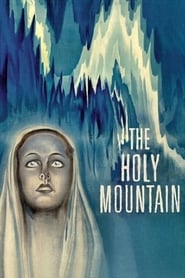 Professional dancer Diotima finds herself the...
Professional dancer Diotima finds herself the...The Holy Mountain 1926
Professional dancer Diotima finds herself the apex of a love triangle when she is pursued by two mountain climbers, Vigo and his older friend.


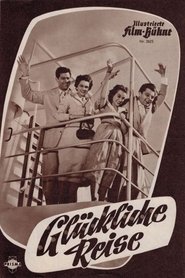
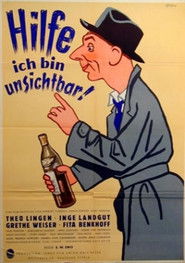
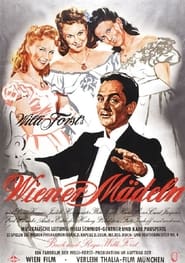 Begun in Austria in 194445 finished and...
Begun in Austria in 194445 finished and...